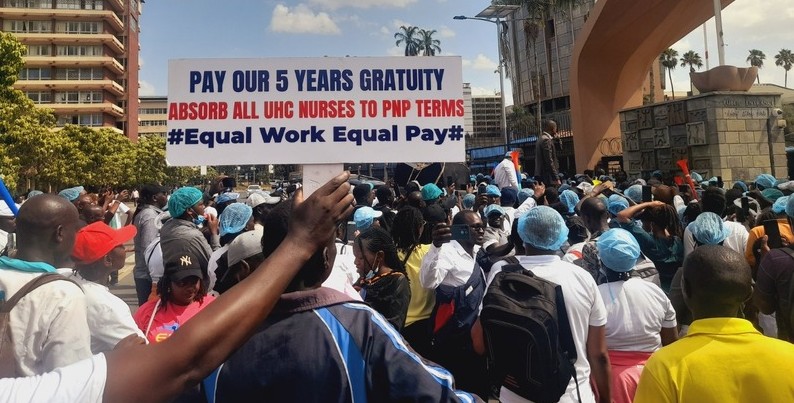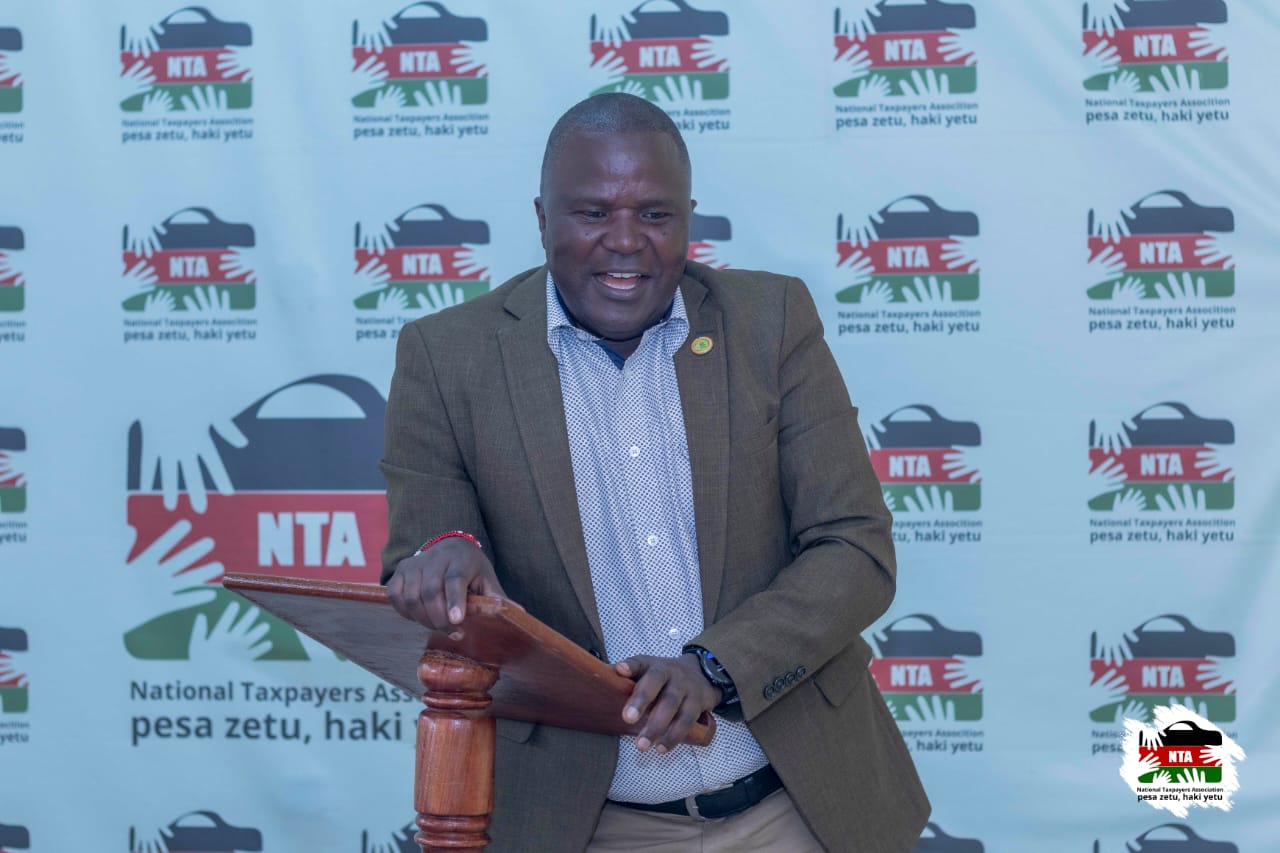Pharmacy and Poisons Board warns of fake diabetes drug circulating in market

The public is encouraged to report any encounters with such counterfeit products to the nearest healthcare facility or directly to the Pharmacy and Poisons Board.
The Pharmacy and Poisons Board (PPB) has issued a public alert following a notice from INTERPOL regarding a counterfeit diabetes drug known as Ozempic Pens (Semaglutide).
"It has come to our attention that Apidra Solostar pens (glulisine), used to treat both type 1 and type 2 diabetes, have been falsely relabeled as Ozempic (Semaglutide) Pens," the notice stated.
More To Read
- Pharmacy board warns Kenyans against off-label use of Ozempic for weight loss
- Ozempic and other weight-loss drugs linked to rare but serious eye conditions
- Study finds patients quickly regain weight after coming off Ozempic
- Senators order crackdown on absenteeism in public hospitals
- Public hospital patients may have received untested drugs, Auditor-General reveals
- Calls for stricter labelling laws as 90 per cent of packaged foods in Kenya deemed unhealthy
The PPB stressed that Ozempic Pens are not registered or authorised for distribution in the Kenyan market.
"Any product marketed as Ozempic Pens is illegal, and the Board cannot guarantee its safety, quality, or effectiveness."
In response, the PPB has launched rapid response measures and increased surveillance to determine if these counterfeit Ozempic Pens are circulating in Kenya.
The PPB warned the public and healthcare professionals against trading, distributing, wholesaling, retailing, issuing, dispensing, using, or administering the falsified Ozempic Pens, citing significant health risks.
The board urged the public and healthcare professionals to report any information regarding Ozempic Pens immediately.
"We remain committed to protecting public health and encourage vigilance in identifying and reporting any suspected sub-standard or falsified health products, as well as adverse drug reactions," the PPB stated.
The public is encouraged to report any encounters with such counterfeit products to the nearest healthcare facility or directly to the Pharmacy and Poisons Board.
Top Stories Today













































